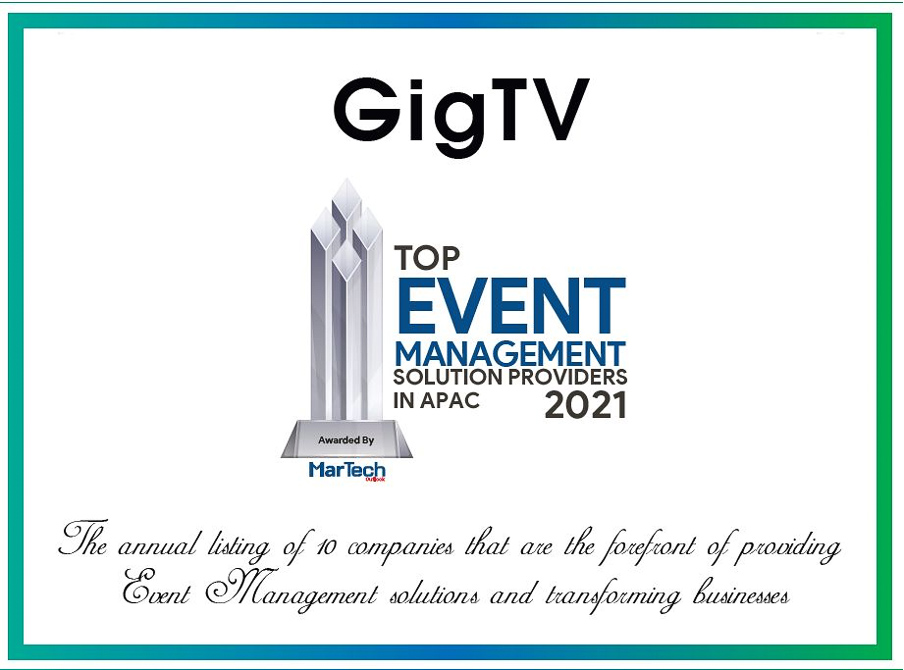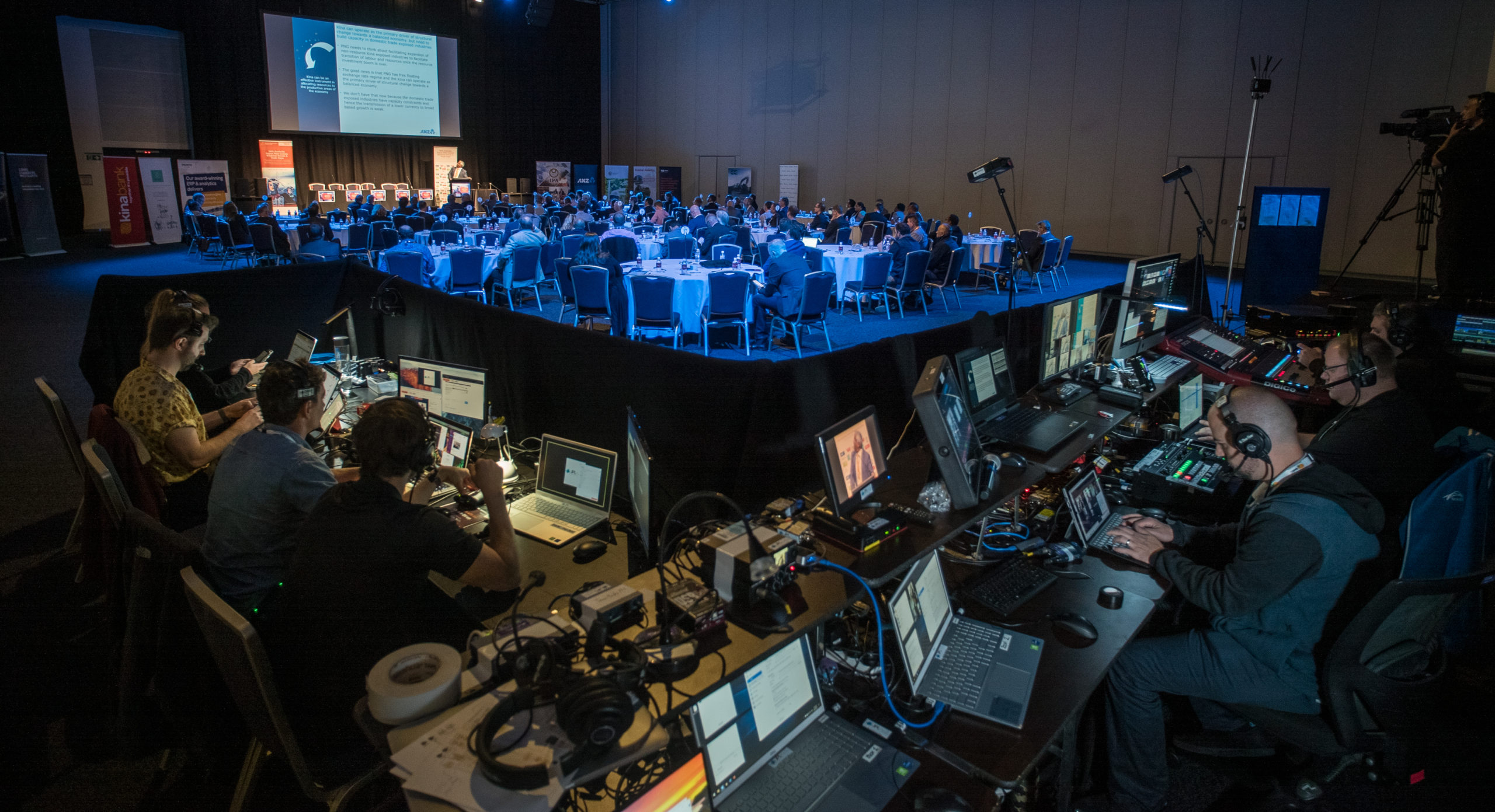10 Things to Look for in Your Virtual & Hybrid Event Tech Partner in 2022
The COVID era prompted an industry-wide pivot to virtual and hybrid events. Now, virtual and hybrid are here to stay — and that’s a great thing. For attendees, these events offer expanded access to events anywhere in the world, with more opportunities for networking and learning. For planners, it means much bigger audiences, increased revenue and growth.
Now, however, many planners find themselves looking for partners who will deliver the technology that can meet their expectations. The success of your virtual or hybrid event comes down to whether or not your technology can provide a seamless and connective experience.
It’s important to choose a technology partner who can prove their core business is the planning and delivery of interactive and engaging online events. It’s easy to fall into the trap of choosing a platform that looks pretty but is a pig to use. It’s also easy to get seduced by clever sales people working for professional conference organisers who told us all 3 years ago that online events bastardised attendance. Given their lack of understanding of the opportunities online events bring to planners, attendees and sponsors, how can you trust what they’re telling you now?
Here are the 10 things you need to look for in a technology partner to deliver a best-in-class hybrid and virtual event in 2022.
1. Networking capabilities
2. Engagement capabilities
3. Check to see if they have a track record of success with hybrid events
A lot of providers are rushing new products to market, and they haven’t learned enough about hybrid and virtual. Have they actually supported an event like yours?
Look for case studies. How have they solved problems for planners like you? For example, GigTV has concrete examples to point to, like our event with MTAA – Medtech 2021 or the 36th Australia Papua New Guinea Business Council Trade Expo
4. Gamification
5. What kind of support will they provide?
A lot of providers offer a CMS (content management system) and a support team to help when needed. But what level of “support” does this actually mean? In the middle of your event, you don’t want to end up with a ticket at a help desk.
In our experience, robust support and account management are worth the investment. When thinking about an app, account management might not be top-of-mind. But once you’ve worked with (or without) it, the value quickly becomes apparent. A good team asks the right questions, listens to your goals, crafts a plan with the features you need, and provides direct access before, during, and after the event.
6. Flexible content delivery
7. Data capabilities
Before beginning your search, have a list of your KPIs (key performance indicators) ready. With any software tool or platform, you’ll want to make sure you have clear visibility and access into the metrics you need. That could include data such as:
- Registrations, sign-ups, and other actions taken before the event
- Number of unique users who logged into the virtual platform or downloaded the mobile app
- Unique users tracked on a virtual platform and/or mobile app over the entire event lifecycle
- Session attendance: Total views for each session, including number of “On-demand” views
- Engagement actions: Polls and other actions taken during sessions
- Sponsor data, including ad clicks, content views, downloads, and lead capture
8. Do they integrate with your other tools and platforms?
9. Do they support your sponsors?
10. Are they secure?
This one is pretty straightforward. Does the provider have strong privacy and security provisions? You’re going to be capturing a lot of attendee data, and you want to be absolutely sure it’s safe. Make sure your provider takes this seriously. GigTV uses government-level encryption, robust network boundaries, access controls like role-driven access, and other important best practices.
A lot of factors go into your decision, including cost, functionality, and service level. Don’t make your decision based on cost alone. You want a partner who will work with you in the trenches to provide high-level of service from start to finish. Selecting the most advanced platform might also seem attractive, but also risky, if you don’t understand how best to leverage it. You want someone that understands genuine hospitality and that the right technology helps deliver it. At GigTV, we are a unique hybrid event technology partner that offers innovative hybrid tech solutions. More importantly, we take the time to show our customers how to use our technology to create the best possible event experience.





